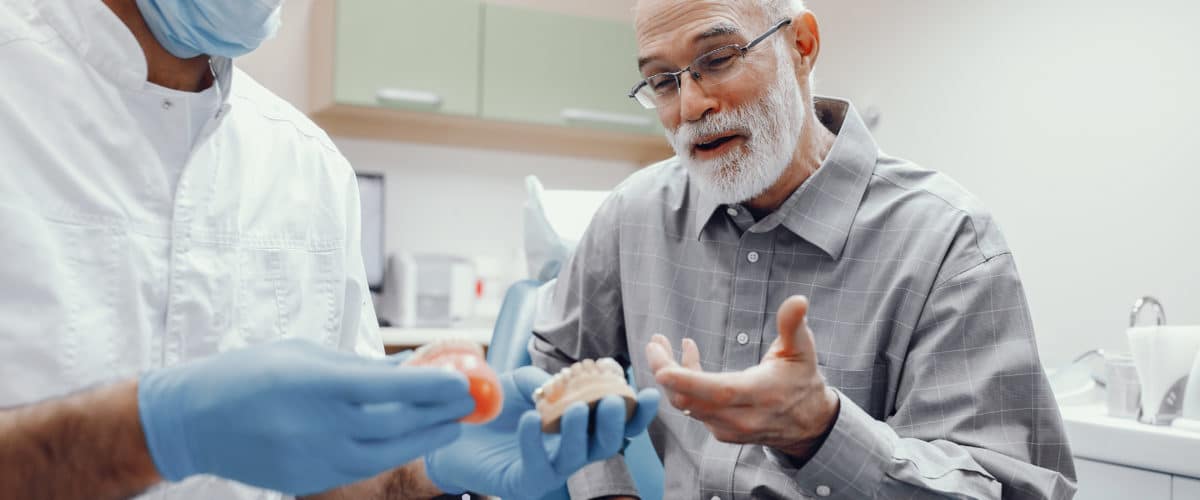Oftentimes dental implant surgery will require a procedure known as a bone graft. Although bone grafting may sound scary at first, understanding the procedure can help alieve fears. A bone graft is a procedure that is done to maximize the outcome of the dental implant surgery.
Why Bone Grafting?
Our jawbone is very reliant upon our teeth in order to maintain jaw alignment. When individuals do not have teeth the underlying jaw bone can often atrophy because it is not used. When teeth are healthy and under continuous use, the jaw bones are healthier and sturdier. When teeth are lost the jaw bone lessens in strength and becomes what is referred to as “basal bone.” Basal bone cannot properly support dentures or dental implants.
The bone graft is not only aimed at restoring function but also to prevent jaw fractures since the strength and size of the jaws have been reduced over time. Bone grafting in the past was extensive and often painful, but thanks to the progression of dental technology, today a bone graft procedure can be done quickly and almost painlessly.
Bone Grafting Procedures
Today bone grafts can be conducted with processed bone material, and therefore does not require an individual to go through any extra procedures in order to harvest their own bone material. The artificial or processed bone is placed in order to act as a biological placeholder in the jaw. This will mechanically prevent the collapse of the tissue surrounding the bone.
After this guided tissue regeneration is performed in order to fool the human body to biochemically recognize the graft as part of the natural bone structure. Over time the body will absorb the material and begin regenerating native bone along with the bone graft. This is considered a successful bone graft.
Most patients have a quick recovery time and find that the functionality of their jawbones and dental implants more than makes up for any inconvenience they were put to during the procedure and recovery. Tests will be performed before a bone graft to ensure that a patient is healthy and a good candidate for a bone graft using processed bone.
During your initial visits with your surgeon to discuss dental implants, he will discuss with you the bone grafting options that might apply to your personal situation, and what steps will be taken to make sure your bone graft and dental implants are a success.




